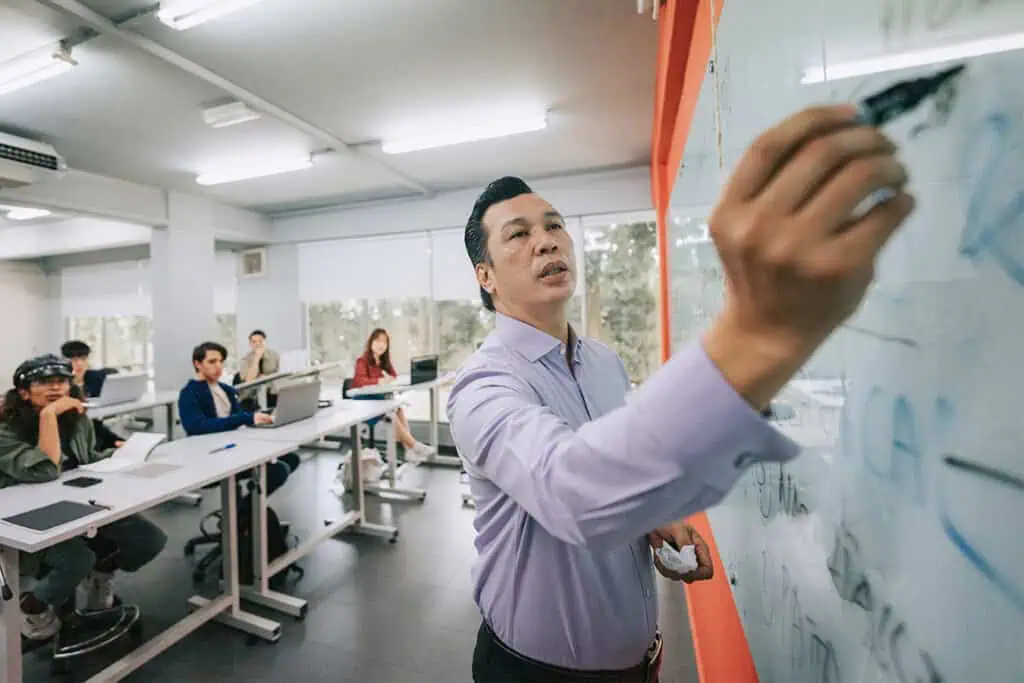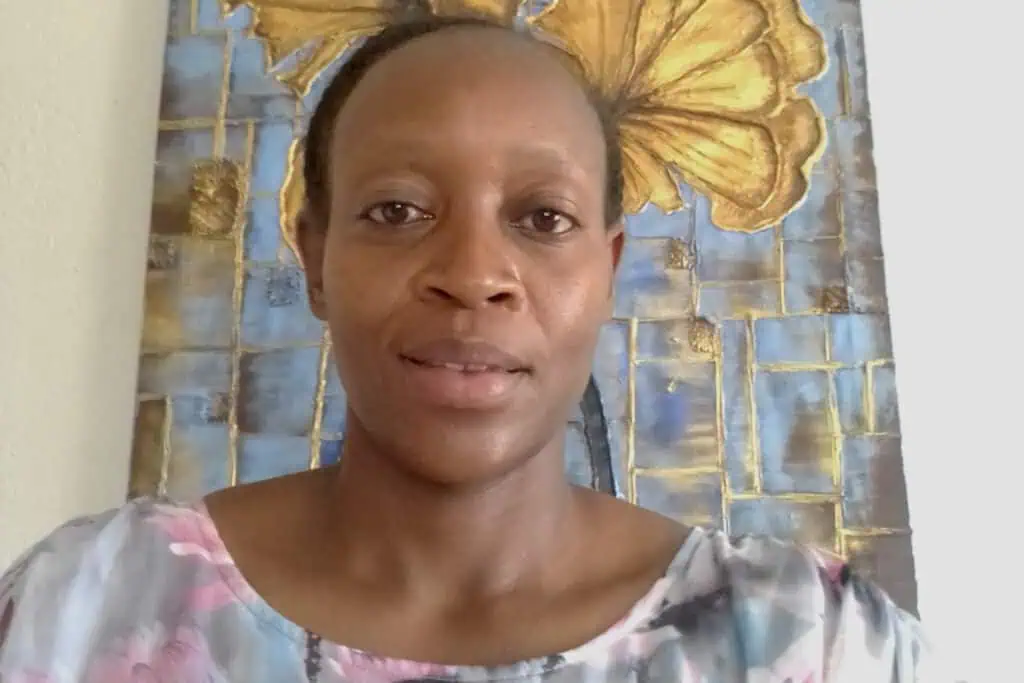Building Your Credit as an International Student
If you are new to the U.S., you may have heard of something called a “credit score.” A credit score is based on how responsible you’ve been in the past about paying back items purchased with credit and indicates whether you are dependable as a borrower.
The U.S. runs on a credit system, and without a credit score, it can be very difficult to make a major purchase in the U.S. This includes being able to rent or buy a car, lease an apartment, or take out a loan to start a business. Having good credit is particularly essential if you plan to remain in the U.S. after your studies, so building a good credit score for yourself is something you will need to begin as soon as you can.
So how can you build credit as an international student? Credit cards are a great way to quickly build credit, and here are a few tips for acquiring and using credit cards:
Apply for a Card Made for International Students
The easiest way to acquire a credit card is by applying for one that is made specifically for international students. SelfScore is a credit card that requires no Social Security number, has a low-interest rate, and doesn’t charge an annual fee. To quickly start building your credit score, SelfScore may be the solution you need.
Get a Social Security Number/Taxpayer ID
To apply for most credit cards in the U.S., you will need a U.S. Social Security number or an individual taxpayer identification number (ITIN), which can act as a “database” for your financial history. Applying for a U.S. Social Security number can be a long process, so it’s best to start as early as possible. If you aren’t eligible for a Social Security number, you can apply for an ITIN number. Remember, you will need a proof of identification (such as a passport) and proof of foreign status (visa).
Check with Your University
Your university may be able to assist you in getting a credit card. They could instruct you on whether to apply for a Social Security number or an ITIN number. Many universities even have special arrangements with banks to make it easier for international students to obtain a credit card. Your university is there as a resource for you, so use it if you need help in deciding what next step to take in building your credit history.
Use Your Credit Card Responsibly
The credit system takes time to adjust to, especially for international students who come from countries that still run on cash. Don’t be afraid to use your credit card. At the same time, give yourself a monthly limit of what you can spend on the credit card, so you don’t overspend and surpass your budget. Selfscore has some great resources on how to spend with a credit card wisely.
Make Your Payments on Time, Every Time
The most important aspect of maintaining a good credit score is to always pay on time. It also means you won’t get stuck with late payment fees!
Check Your Credit Score
Once you have established credit, be sure to check your score. This is especially important if you are about to enter into an agreement that requires a credit check. You should check your credit score about once per year. FICO is a commonly used resource to check credit scores, but there are also many free options available for you to check your score.
For more information on building credit and obtaining a credit card, read this article for plenty of more useful information.
Do you have first-hand experience with building credit as an international student in the U.S.? Tell us about it in the comments below.





